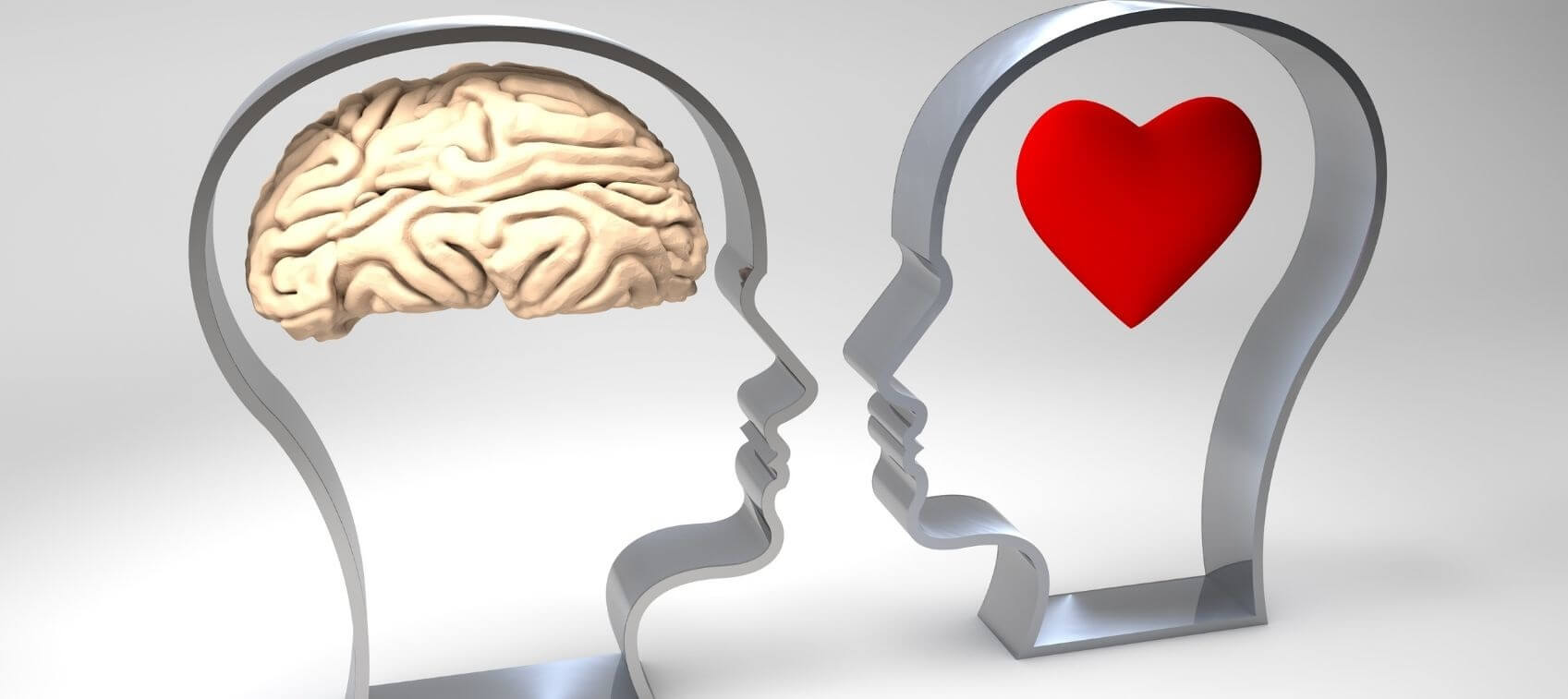
In today’s world of medical specialties and subspecialties—more than 130 in all—it’s easy to think of the heart, brain, intestinal tract, liver, and other organs and systems as separate and independent entities.
As a cardiologist, my primary focus is obviously the cardiovascular system. Yet, I have always maintained a keen interest in the brain for one simple reason: Your heart and your brain are closely connected.
Links Between Your Heart & Brain Health
Your heart responds to commands received from your brain, your brain relies on a constant supply of blood delivered via your heart and blood vessels—and the health of each organ is highly dependent on the other.
Studies have linked hypertension, especially in middle age, with an increased likelihood of developing dementia later in life. Narrowing or blockages in the arteries—the primary cause of coronary artery disease—can reduce blood flow to the brain, and strokes have a devastating effect.
What about high cholesterol and the brain? The greatest concentration of cholesterol in your entire body is in your brain, where it plays pivotal roles in both structure and function. So, it is low rather than high cholesterol levels that can have negative effects on brain health.
This is one of my major objections to the overuse of cholesterol-lowering statin drugs. In addition to depleting levels of coenzyme Q10 (CoQ10)—which is vital for both the heart and brain—these drugs can cause brain fog, forgetfulness, confusion, mood changes, and global amnesia (sudden temporary memory loss).
Both your brain and your heart are susceptible to damage from toxins, infections, stress, an unhealthy diet, and inactivity. Both are vulnerable to oxidative stress, chronic inflammation, and disruptions in blood flow, which can lead to cardiovascular disorders as well as neurodegeneration and impairments in mood and cognition function.
What Helps Your Heart Benefits Your Brain
The good news is that many of my recommendations for heart disease address these common risk factors, so they also support brain function and the health of your entire body. They include:
- Diet: The Pan-Asian Modified Mediterranean (PAMM) diet I recommend for most everyone includes lots of vegetables, fruit, fish, olive oil, and other healthy fats, which are vital for optimal brain health. It eliminates sugars, refined carbohydrates, and most grains—fast-burning carbs that promote inflammation, weight gain, and elevated blood sugar, which adversely affect the brain. Specific foods that help brain function include salmon, sardines, nuts and seeds, avocados, and DHA-fortified eggs.
- Physical activity: Both aerobic and strengthening activities are brain-boosting exercises. Besides improving blood flow to the brain, exercise increases levels of BDNF, a growth factor that promotes the creation of new brain cells and connections. Studies have shown that long-term exercisers have a sharper memory in middle age.
- Stress management: Most of us know how unfocused, irritable, and forgetful stress can make us feel. Plus, extreme or enduring unmanaged stress can lead to more serious mental, emotional, and cardiovascular disorders.
- Grounding: This unusual but powerful therapy simply involves walking barefoot on grass, sand, concrete, or brick for half an hour or so daily. Also known as earthing, grounding reduces stress and inflammation, improves sleep and mood, and supports your brain, heart, and other organs.
Plus, working out your brain with mentally challenging work or leisure activities like learning new skills, playing games, doing puzzles, etc., helps you stay on top of your game. It also builds cognitive reserve, the brain’s ability to resist and adapt to damage and degeneration.
Supplements that Support Your Heart & Brain
I also recommend a basic supplement program for everyone concerned about heart and/or brain health. Start with a comprehensive daily multivitamin with hearty doses of B-complex vitamins, along with coenzyme Q10 100–200 mg and omega-3 fatty acids 1–2 g daily.
For an extra brain boost, consider adding other nutrients and botanicals that do double duty by supporting the brain as well as the heart. Acetyl-L-carnitine, resveratrol, and alpha lipoic acid, for example, are both cardio- and neuroprotective. However, I am particularly impressed by the following three natural compounds, which in addition to being backed by solid research are getting rave reviews from people of all ages.
- Turmeric: Also referred to as curcumin (its active ingredient), turmeric is a potent antioxidant and anti-inflammatory that protects the arteries and tissues throughout the body. Best known for relieving arthritic pain and inflammation, there is increasing interest in turmeric for brain health, including supporting memory, attention, mood, and fatigue. Turmeric is poorly absorbed, so make sure you use a product with enhanced bioavailability that crosses the blood-brain barrier.
- American ginseng: Ginseng is a mainstay of traditional medicine with a reputation for countering stress, promoting calmness, and reducing mental fatigue. There are various types of ginseng, but I am especially interested in American ginseng for brain health. Standardized extracts have been shown to not only modulate stress and mood but also improve cognitive function.
- Vitamin K2: I have long endorsed vitamin K2 for arterial and circulatory health, but recent research also reveals an important role of vitamin K in the brain—it is involved in the development and survival of brain cells. You can get a little K2 in your diet, but for optimal protection, supplements are recommended.


